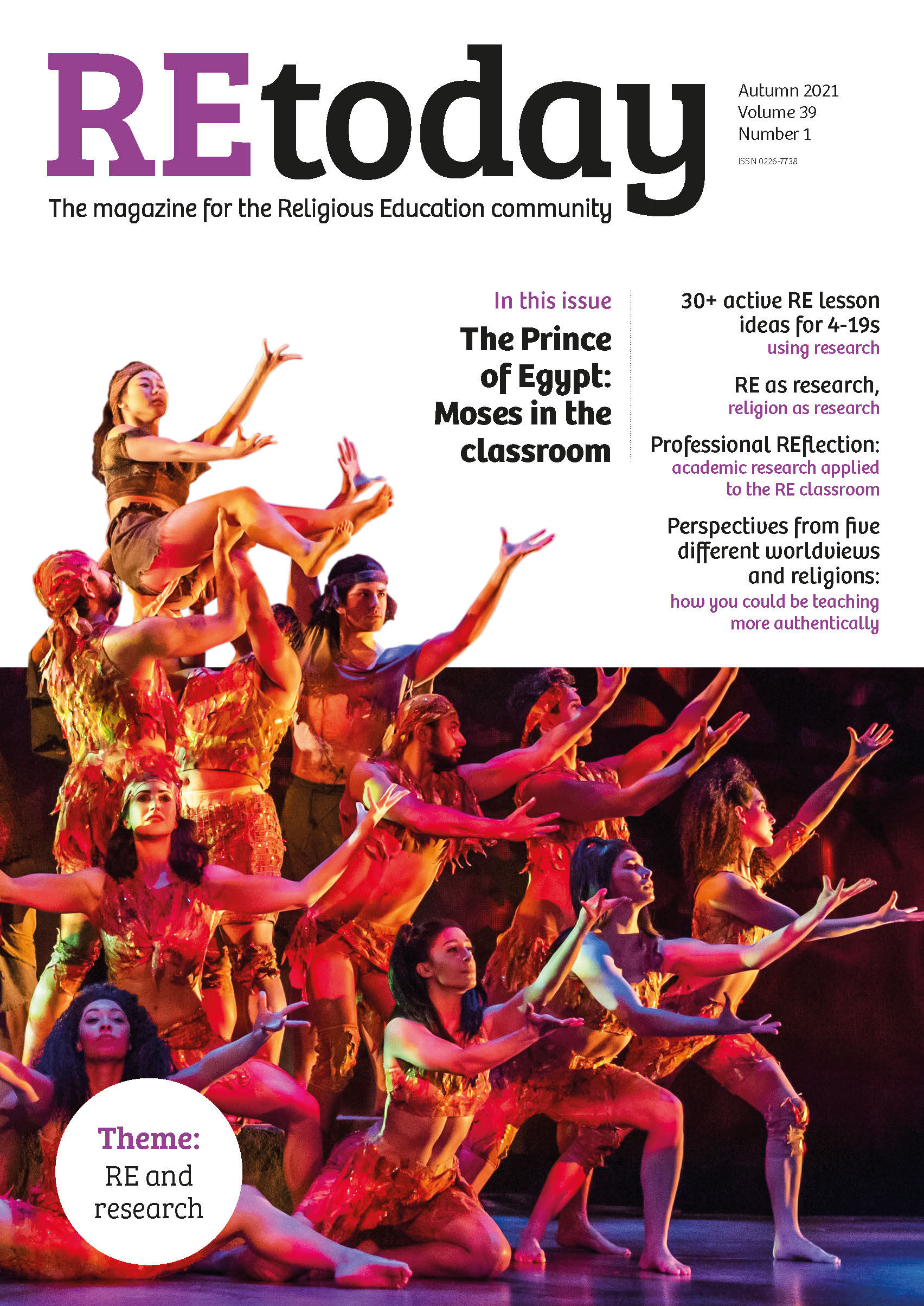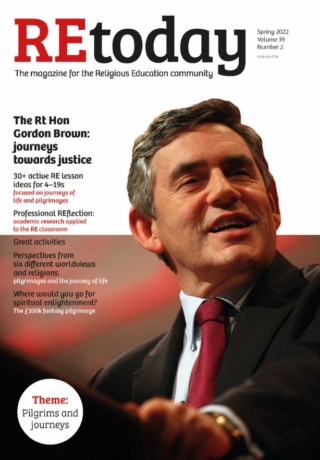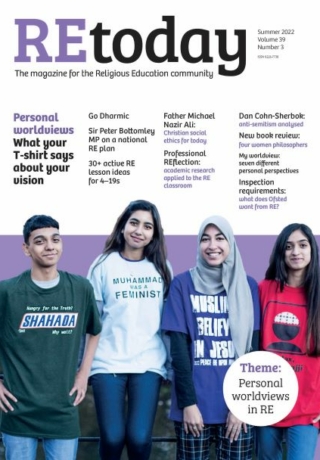Description
The Psalmist applies a taste test to the thought of God. There is an almost experimental character to the sentence. I am suggesting that from inside a religious community, the pursuit of God, transcendence, ultimate reality, feels like a way of experimenting in life: does this work? Are the beliefs of my faith congruent with the reality of my life? If it turns out they are not, if the taste is bitter, then people sometimes change their beliefs. Maybe Western minds are so presumptive about the image of binary opposition between religion and science that we miss the experimental character of living a religious way of life.
Then there are classrooms where RE research makes no difference. Some RE lessons are dull and outdated because teaching is unaware of the research into pedagogy that can enliven any lesson, or into the sheer fascination of the ideas and practice of religions and worldviews. Of course, it might be that the responsibility here lies among researchers who have not been communicative with teachers. But in this issue of REtoday I am delighted that we have over a dozen articles from active researchers into RE who can communicate with teachers. Read away! Consider with relish the potential impact of their findings and arguments on the quality of your classroom practice. And just maybe consider becoming a more active researcher into your RE practice yourself. The opportunities for masters-level research in RE, and for Farmington Fellowships, for example, are very exciting.



Leave a review
There are no reviews yet.